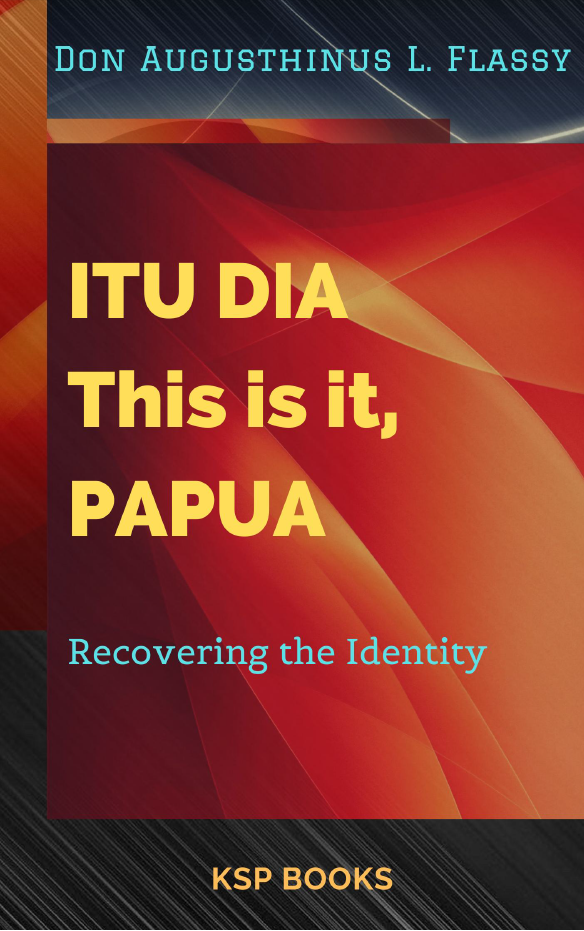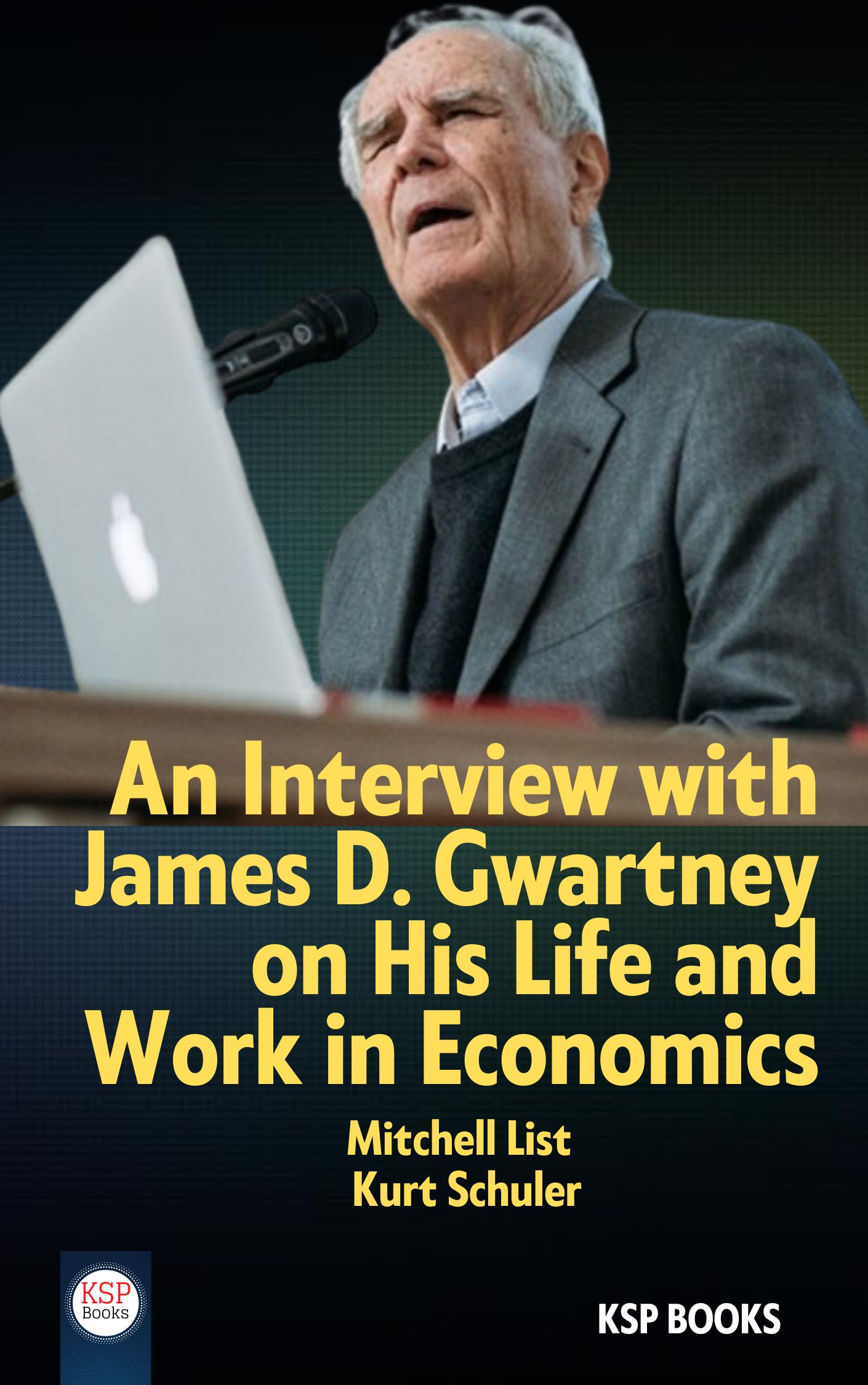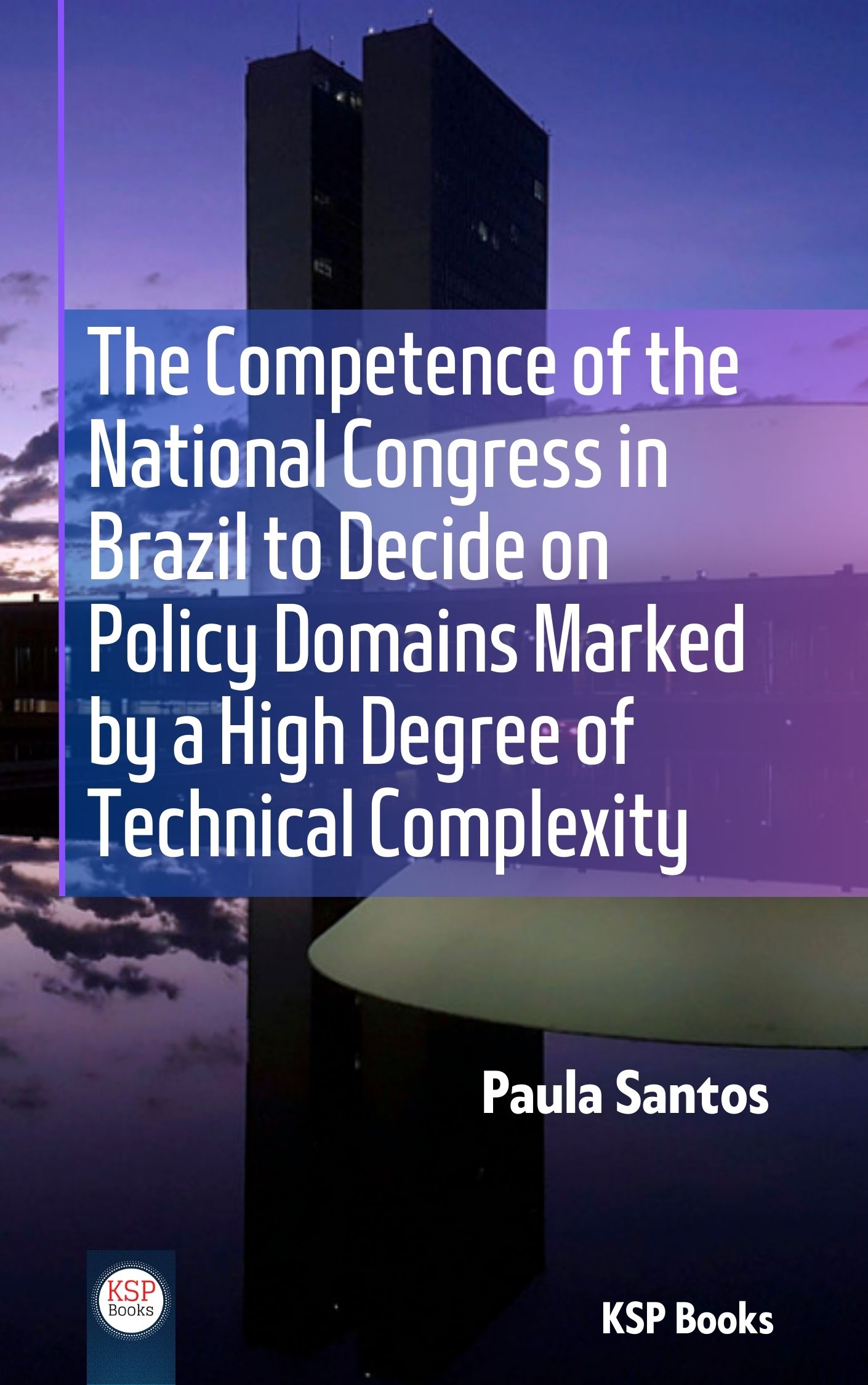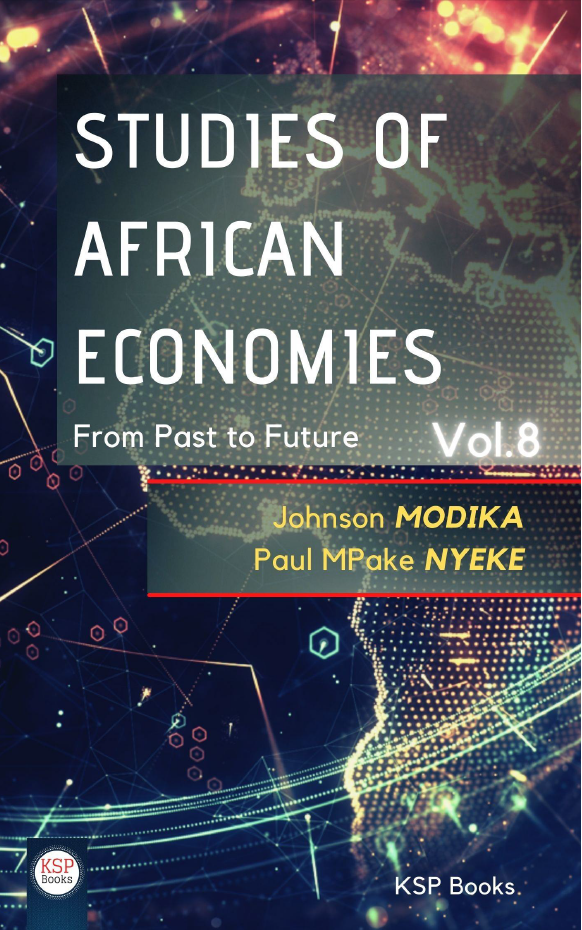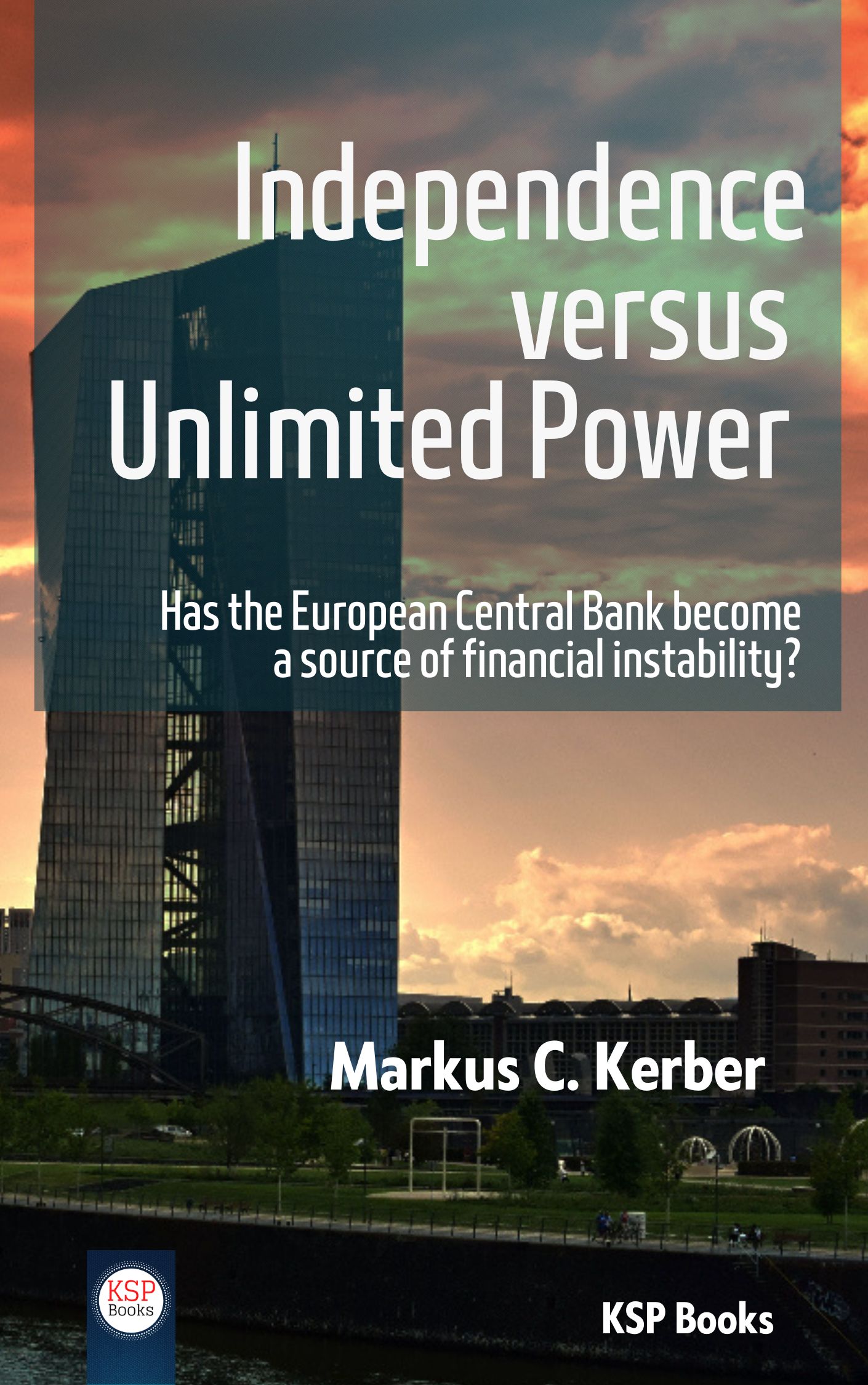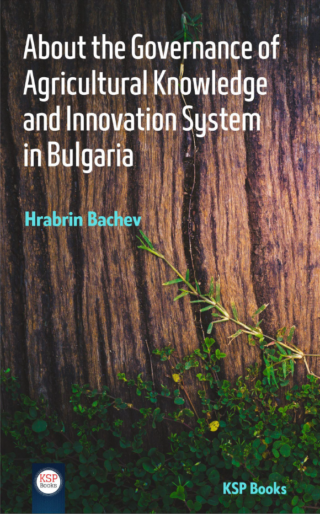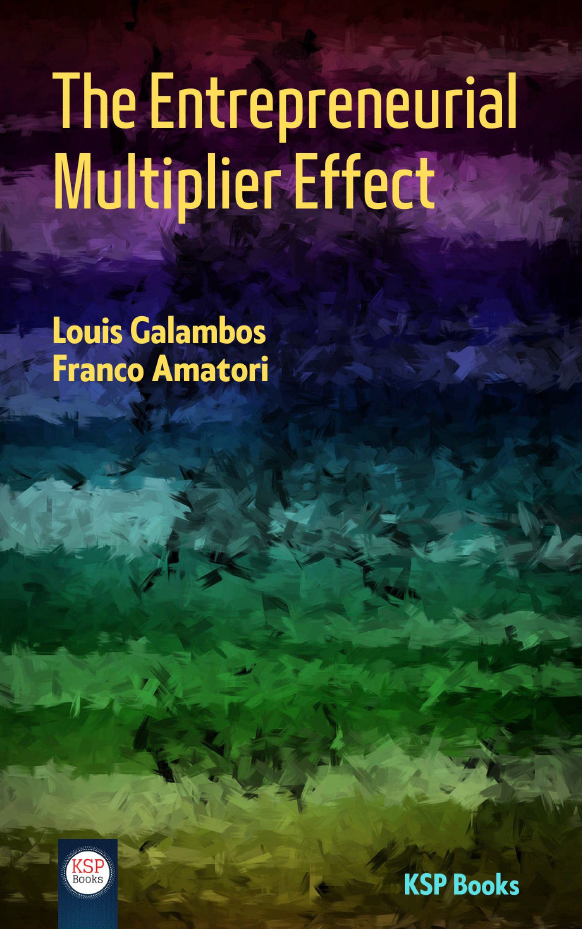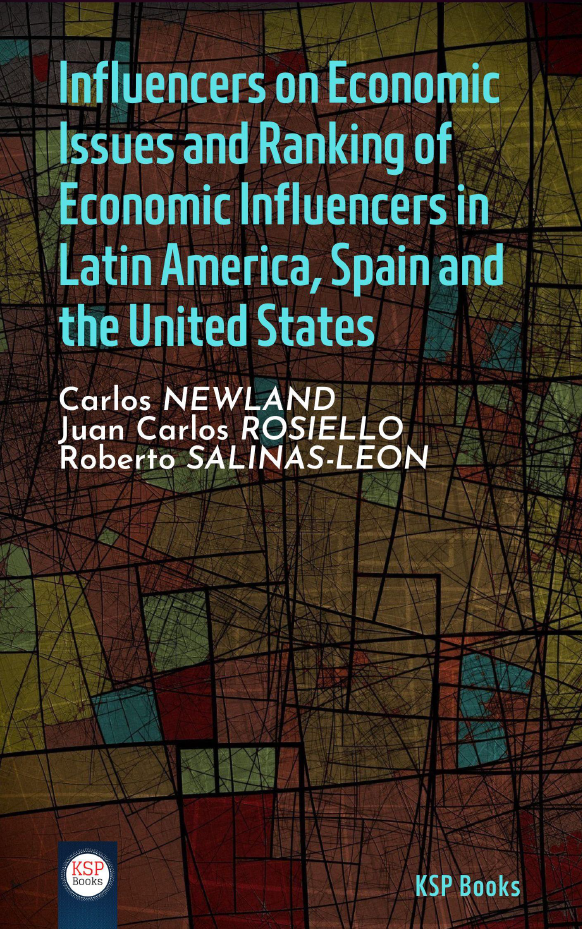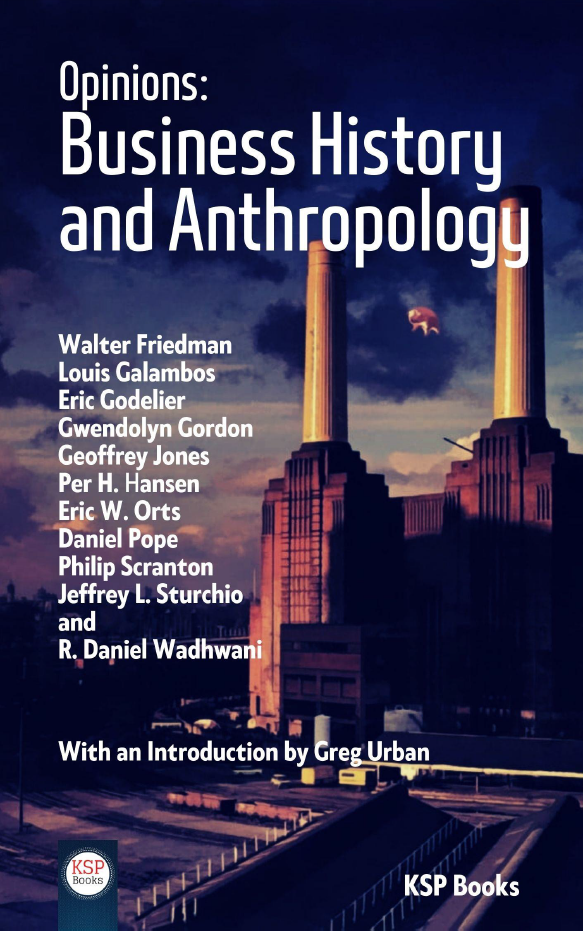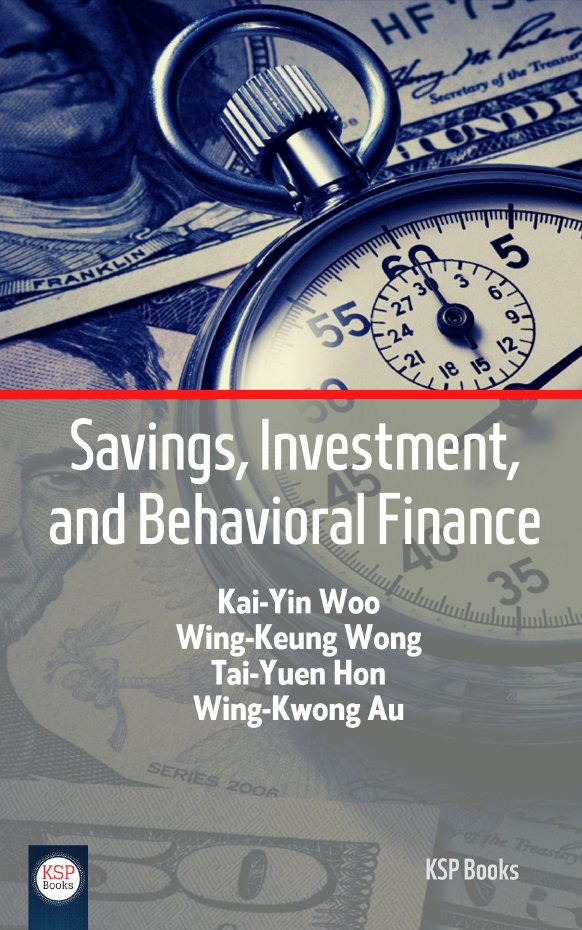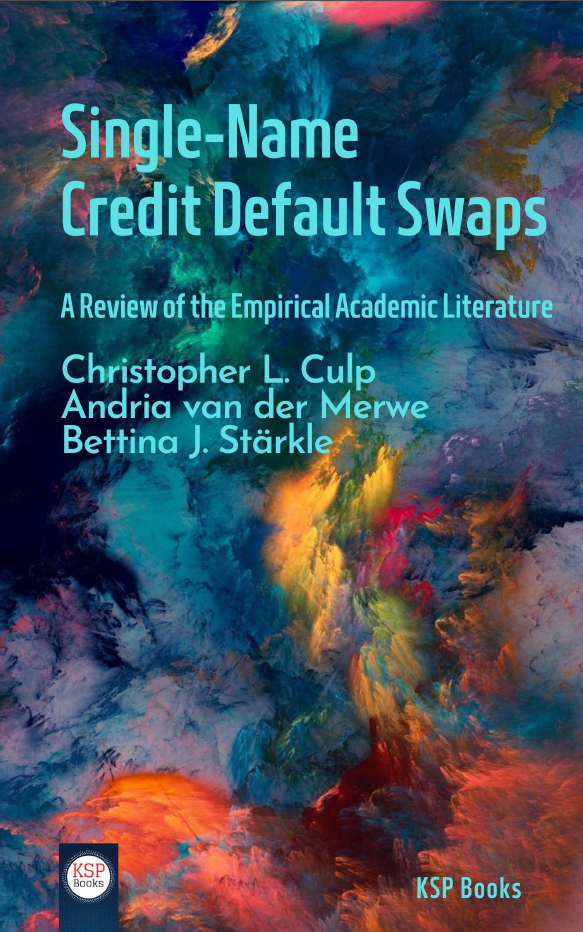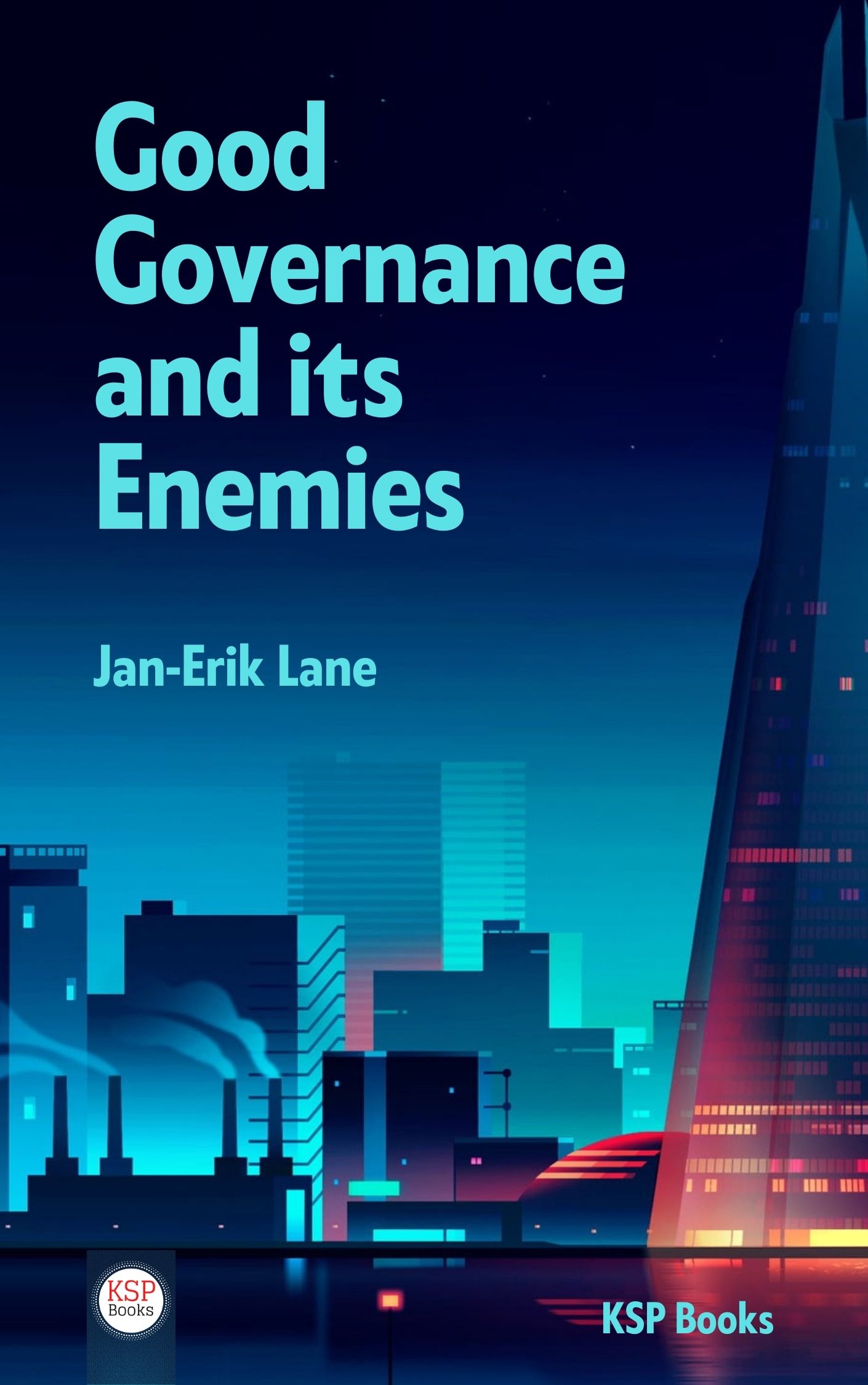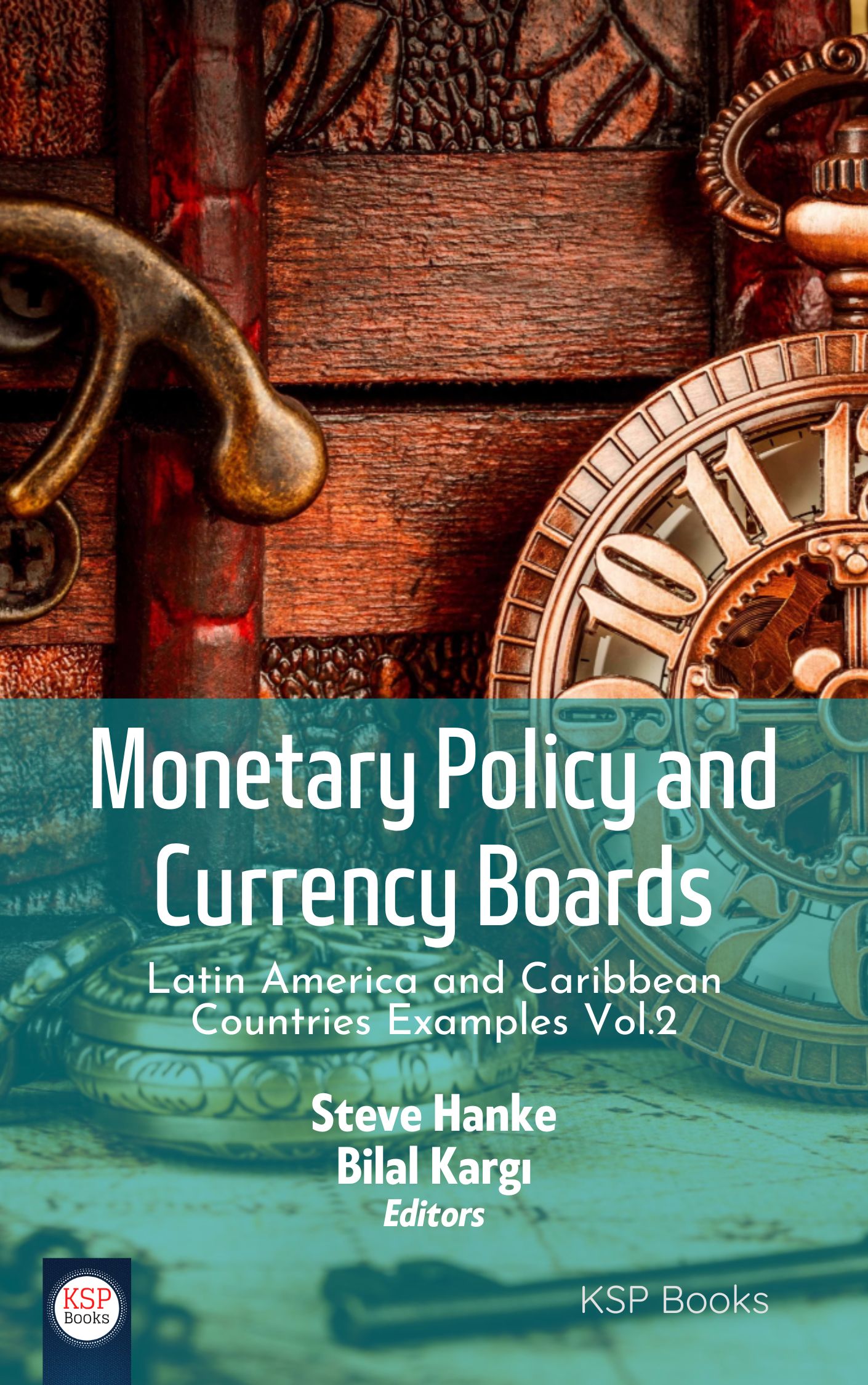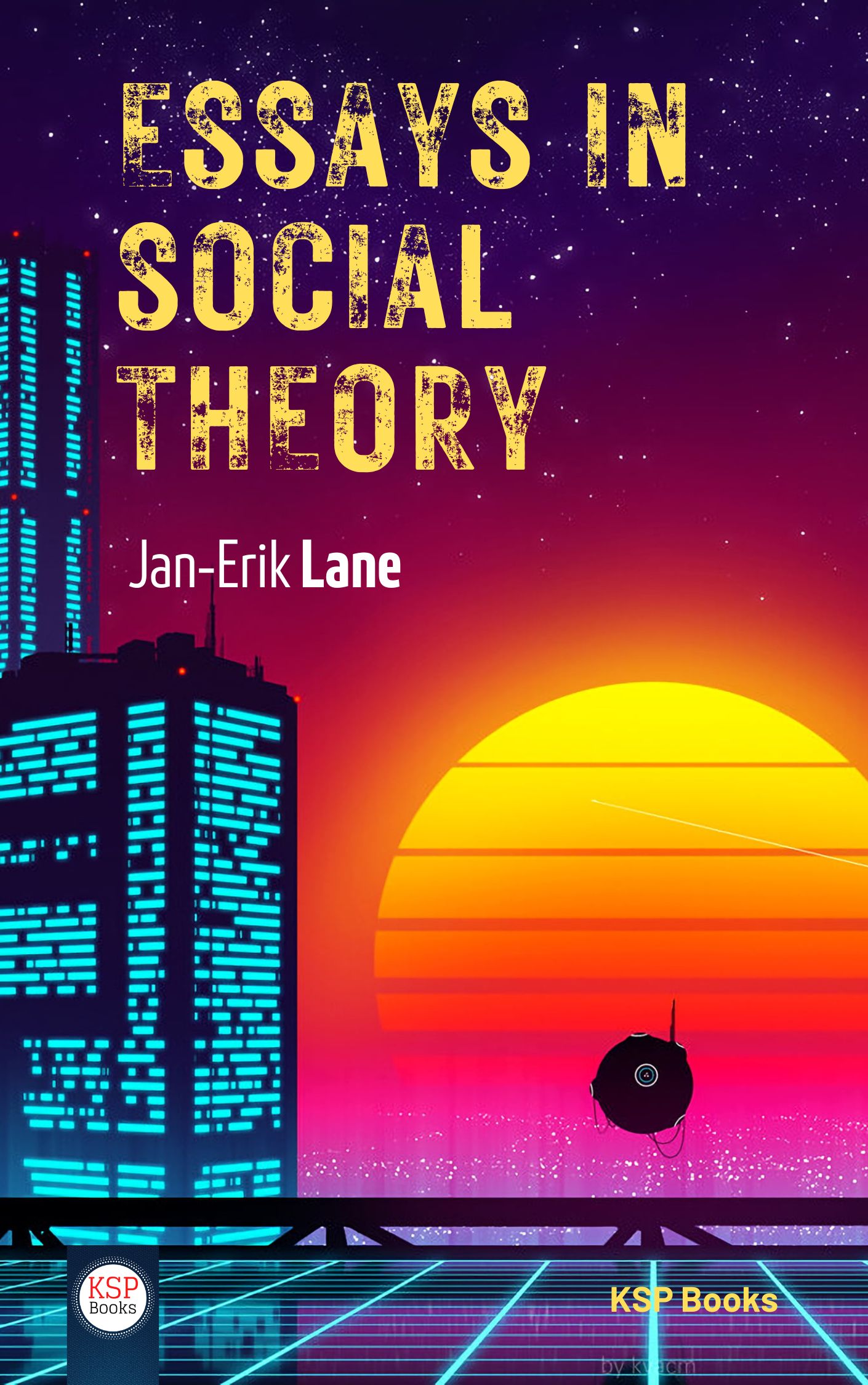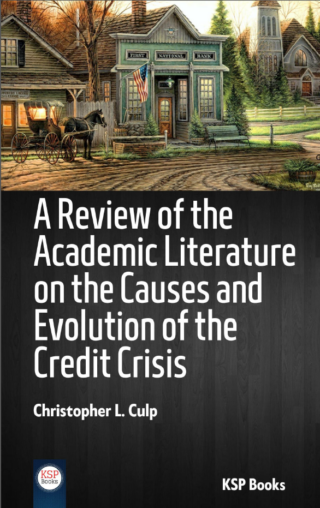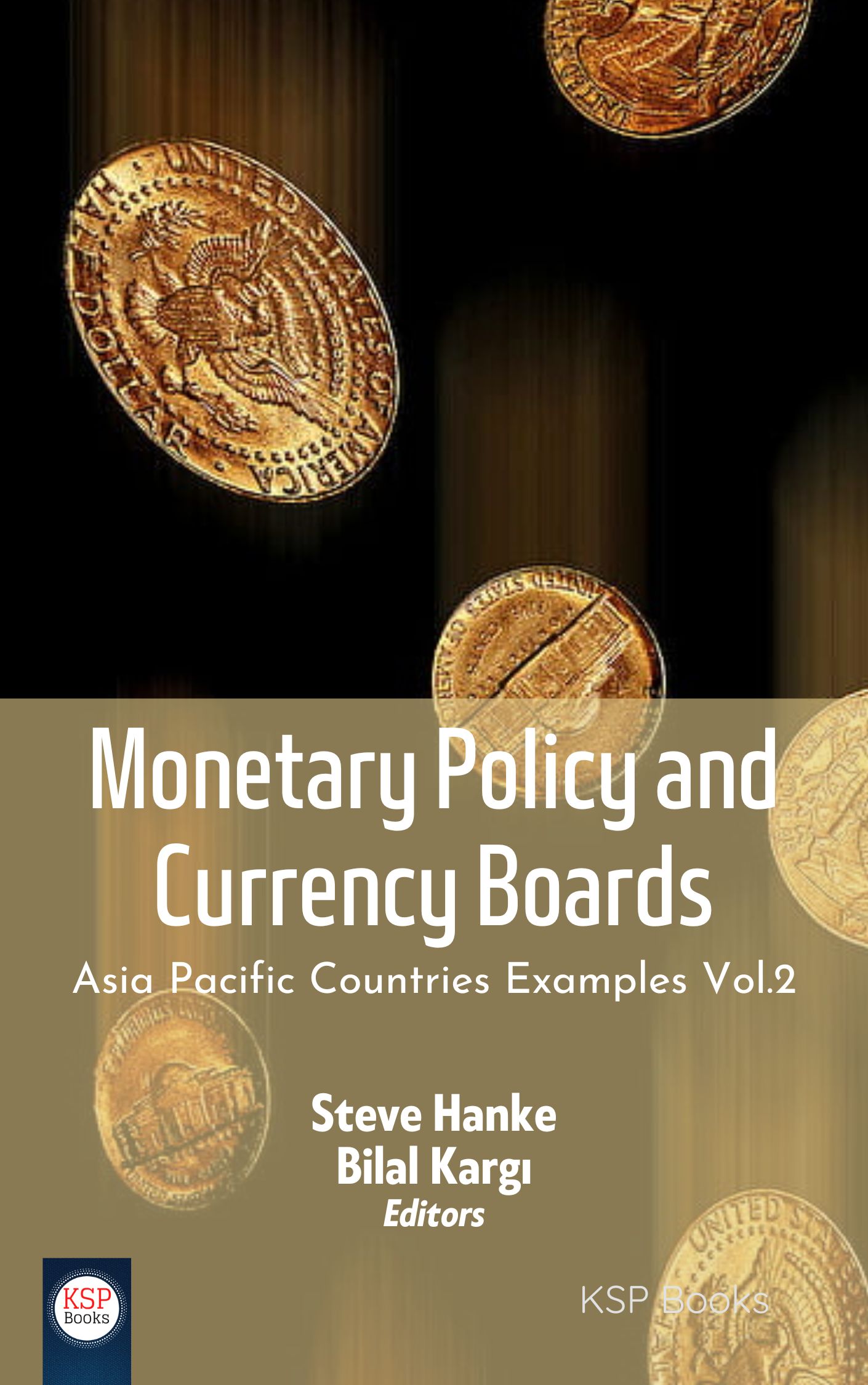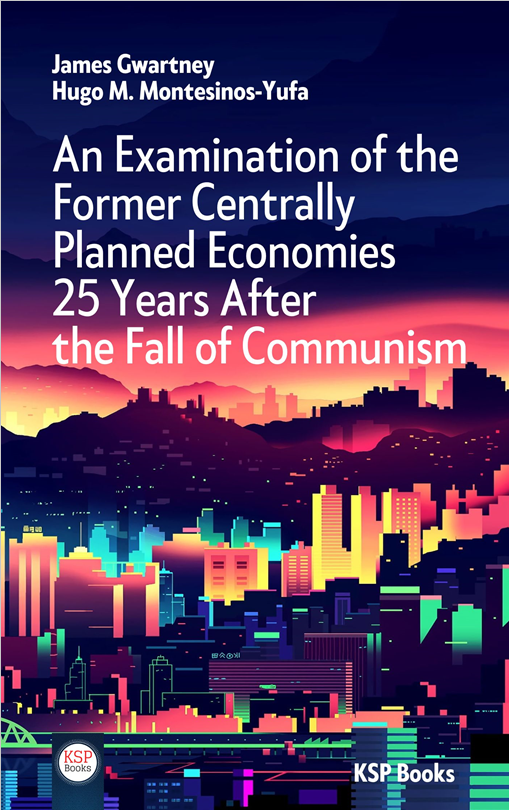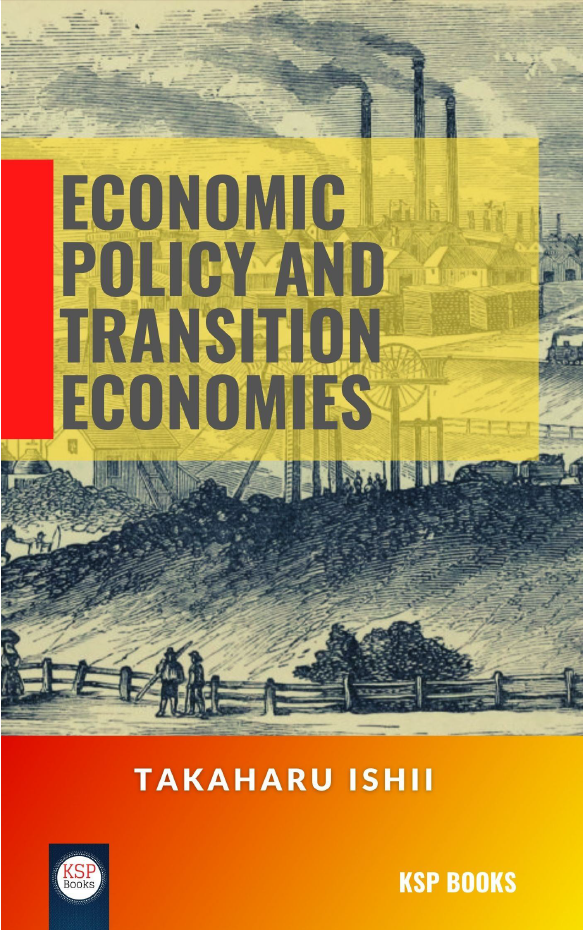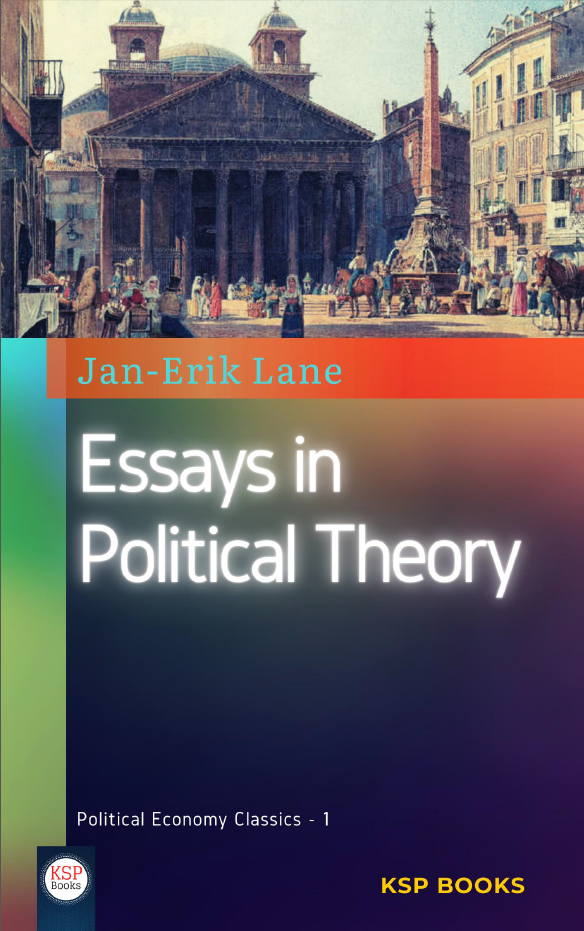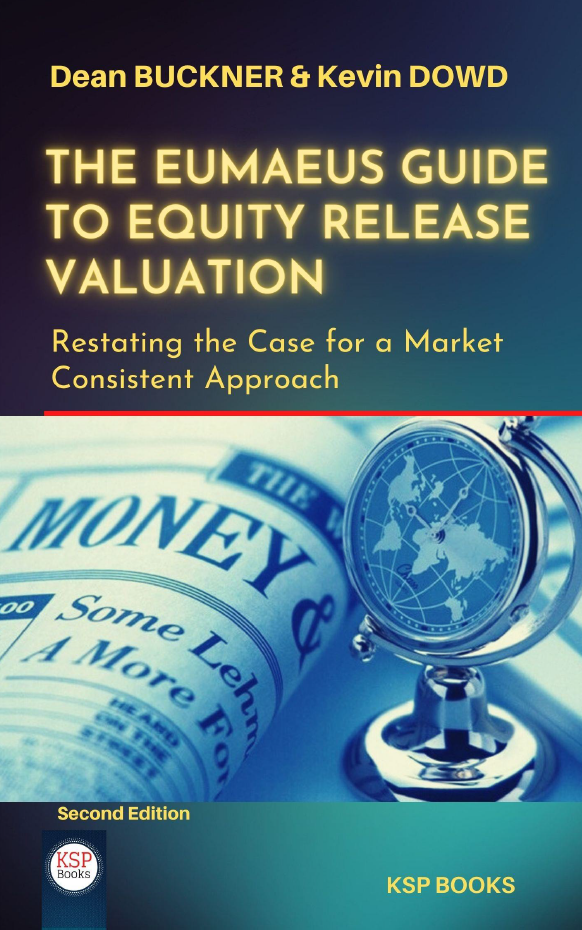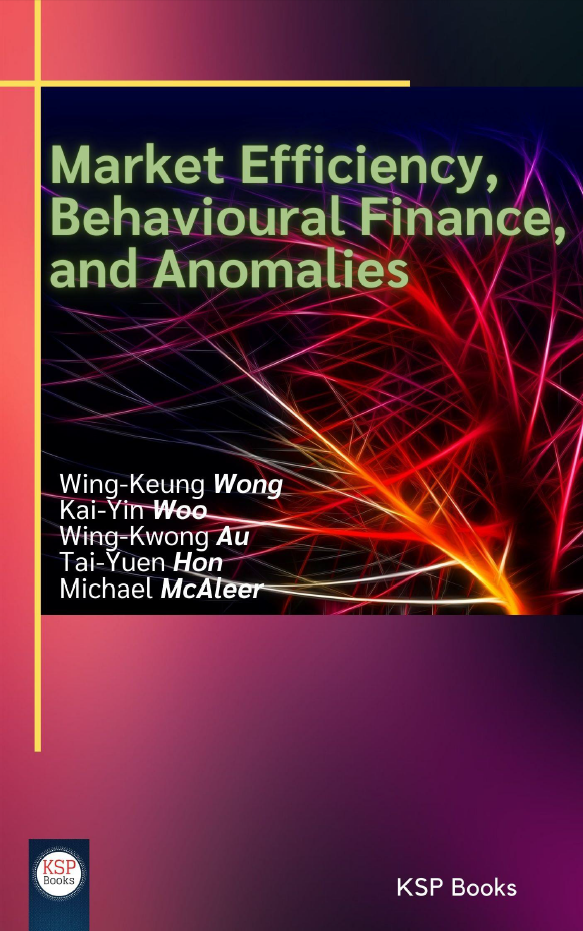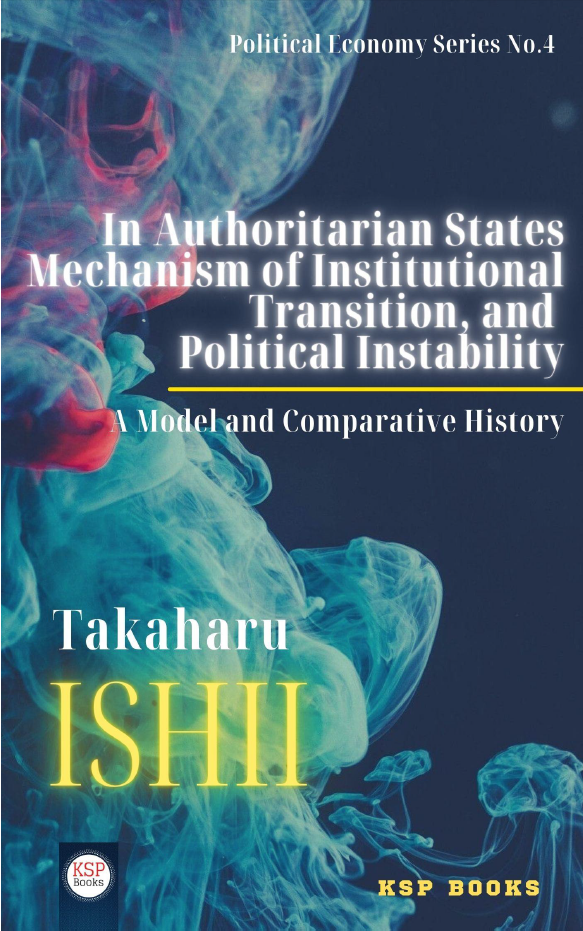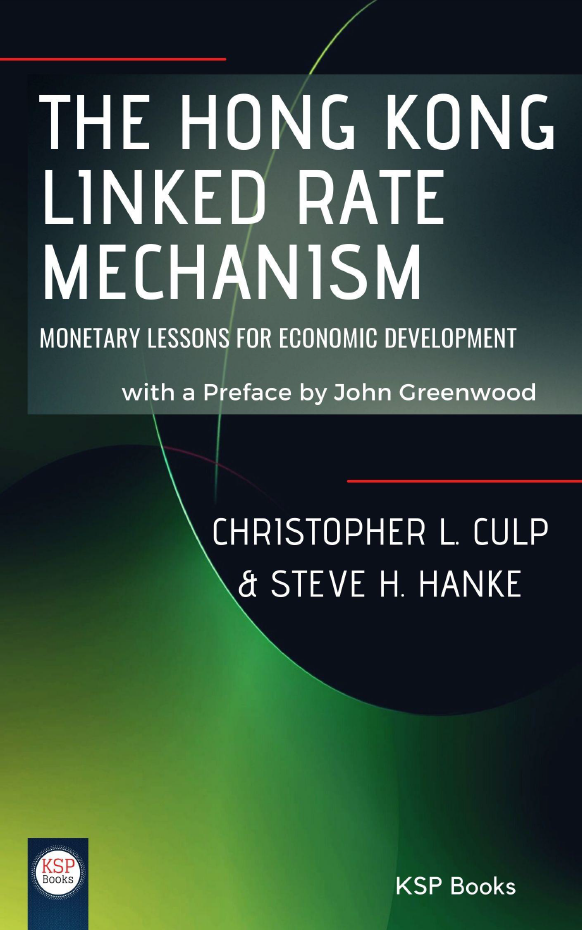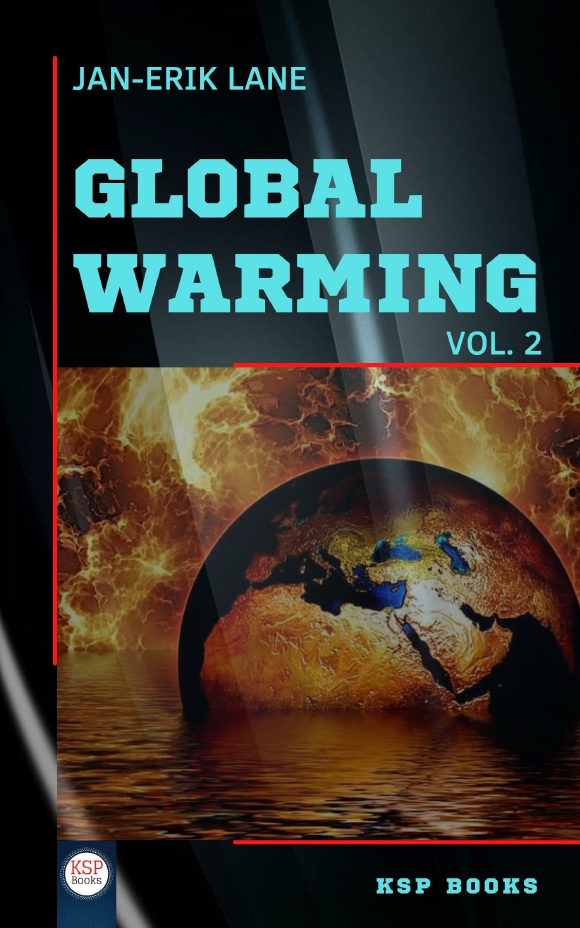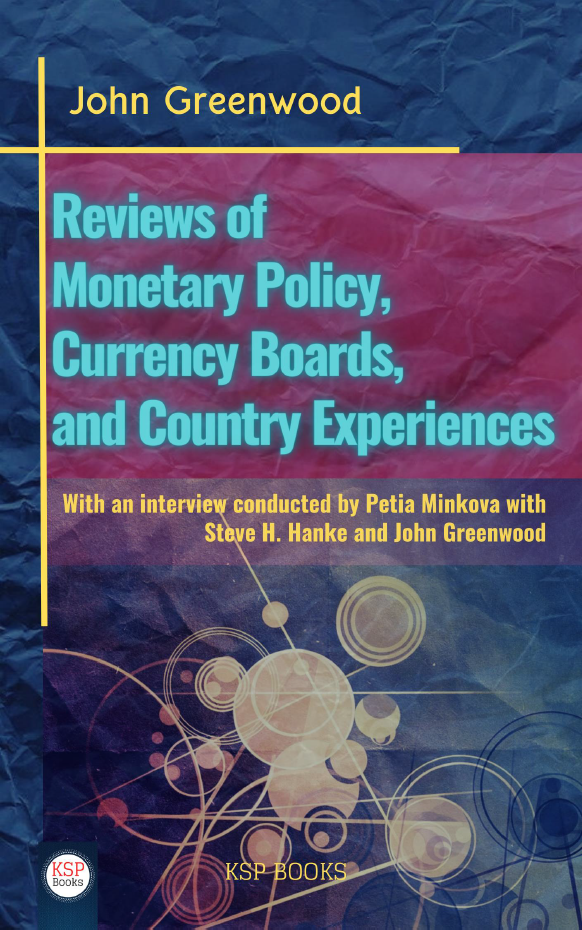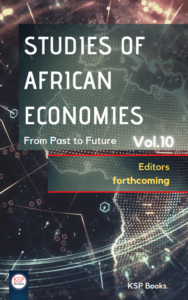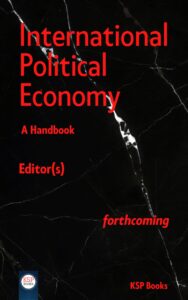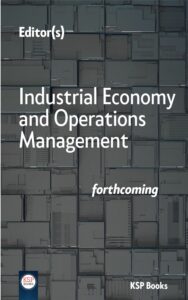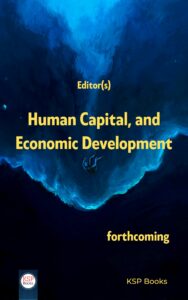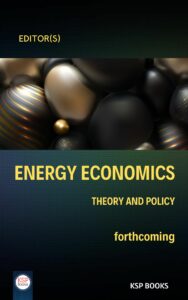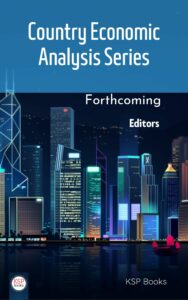By
Don Augusthinus Lamaech Flassy
Papua Institute for Science and Technology/LIPTEK-Papua
e-ISBN: 978-605-7736-62-8 Publishing Date: December 15, 2019
File Size: 4,668 MB
Length: xxiii + 350 pages (PDF)
Language: English
Dimensions: 13,5 x 21,5 cm
 This Book is completely open access. You can freely read, download and share with everyone.
This Book is completely open access. You can freely read, download and share with everyone. 
With the presence of this book entitled “ITU DIA – This is it, PAPUA” Restoring the Self, then, I, as the author should raise praise and gratitude to the God of Mercy and Graceful, who has bestowed wisdom and reason so that it can be realized and can reach the hands of dear readers.
For that, please allow for this joy the author would like to share by expressing gratitude to various parties who have contributed to the author, so that this book can be realized.
This book was taken from the Dissertation of the author at the Post-Graduate Doctoral Program at Cenderawasih University (Uncen) of which the author maintained on September 27, 2017 with the title: Peta Jalan Balik Bangsa Papua di Negeri Papua Bahagian Barat: “Sebuah Keputusan Damai Pemulihan Jati Diri” (The Roadmap to the Revival of the Papuan Nation in West Papua: “A Peaceful Decision on the Restoration of the Self”). If according to UNCEN’s Dissertation Guidelines are 5 Chapters, then this Book is presented in 4 Parts and 6 Chapters according to the original idea.
Because the passing of this scientific study fulfils various criteria, it is fitting that on this occasion, the author would like to thank Prof. Dr. Dra. Onnie M. Lumintang, M.Hum. as promoter, Dr. Drs. Enos H. Rumansara, M.Si. and Dr. Bernarda Meteray, as co-promoters, and before also Prof. Dr. Drs. Dirck Veplun, M.Si, as the initial supervisor. Also the Examiners in this matter since the initial work in the form of a Proposal to become the final work. The dissertation for that needs to be called from the Uncen: Dr. Nomensen St. Mambraku, Dr. Drs. Agus E. Dumatubun, M.Si, Drs Johsz R. Mansoben, MA, PhD., Dr. Hendrik H.J. Krisifu, MA., Dr. Drs. Beatus Tambaip, M.Si., where also Prof. Dr. Richard Chauvel from University of Melbourne-Australia and Dr. Rupert Stasch from University of Cambridge-UK. They have been willing to spend time, energy and mind in reading and testing and writing for the feasibility of this dissertation so that now and then, it is worth continuing to develop, among others, starting from this book.
Besides that, the author also thanked Prof. Dr. Sri Heddy Ahimsa Putra from the Faculty of Culture, Gadjah Mada University Yogyakarta who has been willing to give time and energy to read the draft dissertation proposal, and then give time to the author to discuss the writing of the dissertation. Also for distance guidance which is dealing by Reni Suwarso, Ph.D from CEPP Faculty of Social and Political Sciences University of Indonesia. In the meantime, thank also addressed to Dr. Marlina Flassy, S. Sos M, Hum who gave the initial example that directed the author to the stages of writing.
The infinite award the author addressed to Uncen’s Post-Graduate Director, Prof. Dr. Drs. Akbar Silo, M.Si, who has given encouragement and direction to the author in taking studies to the preparation of the dissertation and the realization of this book. Moreover, let the author express his gratitude to the Chancellor of Uncen in this matter Dr. Ir. Apollo Safanpo, M.T., who in his early term was personally present to guide this author’s Promotion Exams.
In the meantime, the author should feel indebted to Drs. Ana Nadhya Abrar, M.E.S., Ph.D. from the Faculty of Social and Political Sciences, Gadjah Mada University, who is willing to give the author time to meet privately in Yogyakarta and discuss the topic of research conducted by the author. Even Dr. Abrar and Wife Mrs. Ariska Setyawati, ST, MA have been willing to read the proposal and draft dissertation and this book is willing to provide corrections and written comments and even willing to become editor including working on lay-out of dissertation and also of this book.
Then also for Mrs. Ros Aronggear and her fellows at the Uncen’s post-graduate administrative staffs who always patiently served the author in the study process from 2014 to the time the author completed his dissertation and continued to this book. In the same mood, of course, thank for the cooperation and support of fellow classmates and those who are attached to and with doctoral programs at Uncen.
The author realizes that this success can not be separated from the prayer support delivered by the crutches at any time. That with the power that comes from God alone, my dissertation and thus this book can be completed. Of course the author also expresses his gratitude to the family, and friends who always give encouragement and motivate the authors in completing existing scientific works.
Finally the author realizes that the results of this scientific work may not perfect, so that all the criticisms and suggestions from various parties, the authors will accept with full understanding that “There is no ivory that is not cracked”. However, what is presented in this book is understandable for all communities in the Land of Papua and also in Indonesia, especially for those who serve humanity.
Introduction
Prologue
Papua Social Political Order
The attitude of the Papuan Nation
Spirit of Independence
PART I
Understanding Papua
Chapter 1
Patching along Papua cum Melanesia
Introduction
The existence of Papua
The study results of Papuanistic and Melanesianology
On Melanesia
Closing Remark
Chapter 2
Manage Papua-Melanesia with the right platform
Introduction
Federalism
Federalism and Unitary in Indonesia
Federalism of Papua
Kampung or Desa as Locus and Focus
Closing Remark
PART II
An Endless Anxiety
Chapter 3
Constitution as a difference trigger
Introduction
Constitution of Republic of Indonesia 1945
Constitution of FRWP 1999
Analysis of the RI Constitution and the FRWP Constitution
Historical Construction of the FRWP Constitution
Differences of Indonesian and FRWP
Constitution
Closing Remarks
Chapter 4
Power waves of the World in the land of Papua
Introduction
Prestige and the Power of the Great Power of the World
Prestige and the Great Power of the World against West Papua
Implications of Perception and Great Powerof the World
US and Global Interest
Potential Matters To Becomes Problem
Closing Remark
PART III
Author’s Struggle
Chapter 5
Searching for Identity
Introduction
Early Experience of Political Engagement
Period of Year 1997 to 1999
Period of Year 2000 to 2010
Period of Year 2011 to 2015
Appears in the article titled Morning Star Rising? Indonesia Raya and New Papua Nationalism
Witnessing the Morning Star Fluttering
Regard OTSUS as Political Negotiation
Closing Remark
PART IV
Towards Independence
Chapter 6
Searching for Identity
Introduction
The Process of UDI of the Papuan Nation and FRWP
Understanding of UDI Papuans and FRWP
Stepping basic
Unit of Movement for M Papua
Stages of Dialogue and Series of Consultations with NKRI
Preparation and Implementation of the Third Papuan Congress
Liberalism Democracy in Procedures and Processes of KRP-3
UDI of Papua Nation and FRWP
The Internationalizing Processof UDI-Papua and FRWP
Opportunities for UDI of Papuan Nation and FRWP
The Latest Developments
Closing Remark
Finale
End Notes
References
Don Augusthinus Lamaech Flassy
Don Augusthinus Lamaech Flassy was born in the village of Seribau District of Teminaboean, West Papua, on August 28, 1947, the son of the couple Simon Tesia and Salomina Flassy. Called Don, Agus is also Thinus, bearing the fam or clan name Flassy since mama Salomina was divorced by father Simon and subsequently under the care of uncle Anton Hendrik Flassy as guardian. He is known as a planner, researcher, author, editor, political activist, artist, cultural activist, teacher, lecturer and also bureaucrat. In his last position, he was the Secretary of the BAPPEDA of Irian Jaya Province 1997-2001. He had won Structural Position of the Main Trustee and Functional Position of the Expert Researcher of Other Social Sciences, Stage IV/e. Now, even though he has retired as a civil servant, he still has a cool position as Secretary of the Papua Institute for Science and Technology (LIPTEK). Since November 2017, the husband of Yuliana Christivora Welikin, SE., MM, Father of two sons (Don Rodrigo Athur Douglas Flassy, S. Sos. And Don Steven Patrick Flassy) and one daughter (Vanda Oliva Angela Flassy) has officially become Doctor in social Sciences. He defended his dissertation entitled: Peta Jalan Balik Bangsa Papua di Negeri Papua Bagian Barat: “Sebuah Keputusan Damai Pemulihan Jati Diri (The Roadmap to the Revival of the Papuan Nation in West Papua: “A Peaceful Decision on the Restoration of the Self”)” in the Cenderawasih University Postgraduate of Doctor Social Sciences, Jayapura. Education was starting from Elementary School in SR Seribau (Class I to III) 1955, Dutch Language Connection School at JVVS (Class IV to VI)1957 in Teminaboean, continuing Junior High School 1963 in ODO Fak-Fak, Senior High School 1967 in SPG Merauke and Semi-Academic 1970 in PGSLP Sukarnapura. Before becoming a doctor, Don Flassy studied at the Indonesian Language and Literature Department, FKSS-IKIP, Yogyakarta (graduated baccalaureate in 1973 and undergraduate in 1979) continue to Advance education at Department of Southeast Asia and Oceania, Faculteit der Letteren Rijksuniversiteit te Leiden, Netherlands (obtained an M.A. degree in 1992). As a writer, he has produced many books and will continue to write.
Related EconPedia Items


